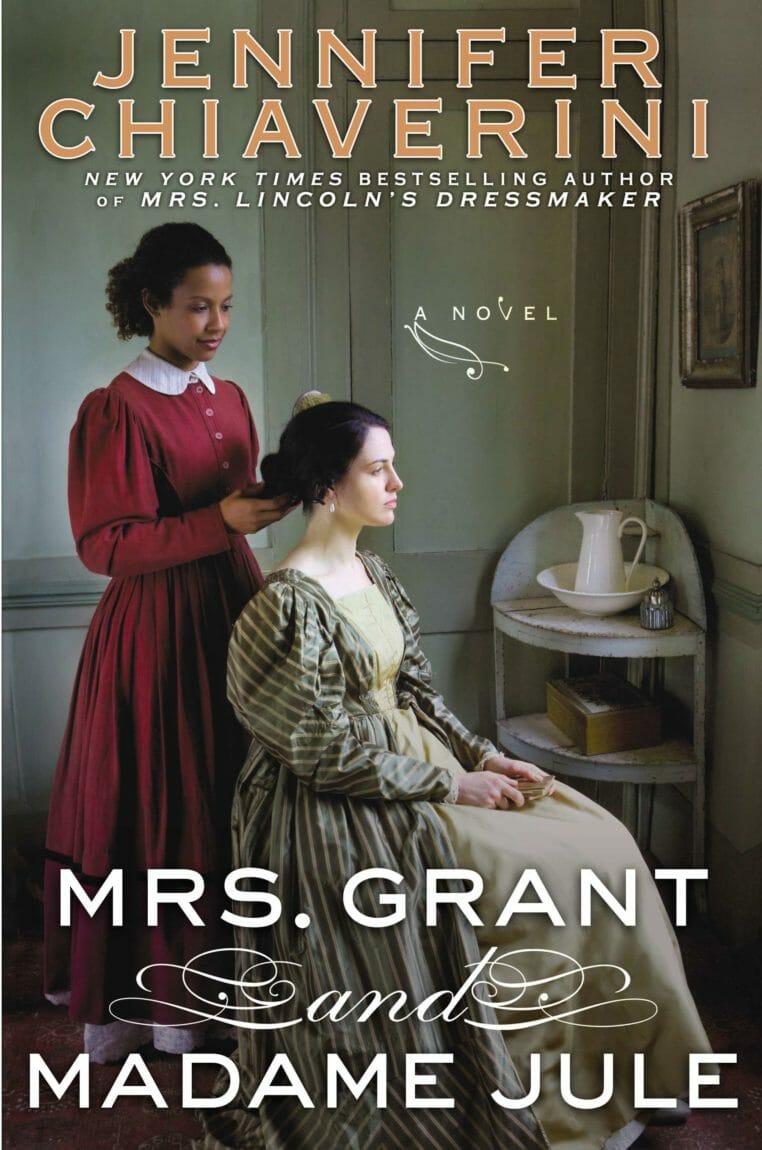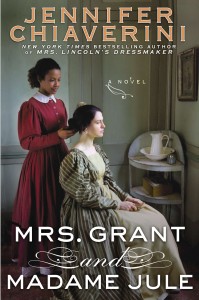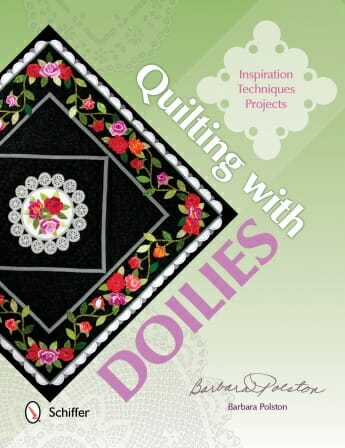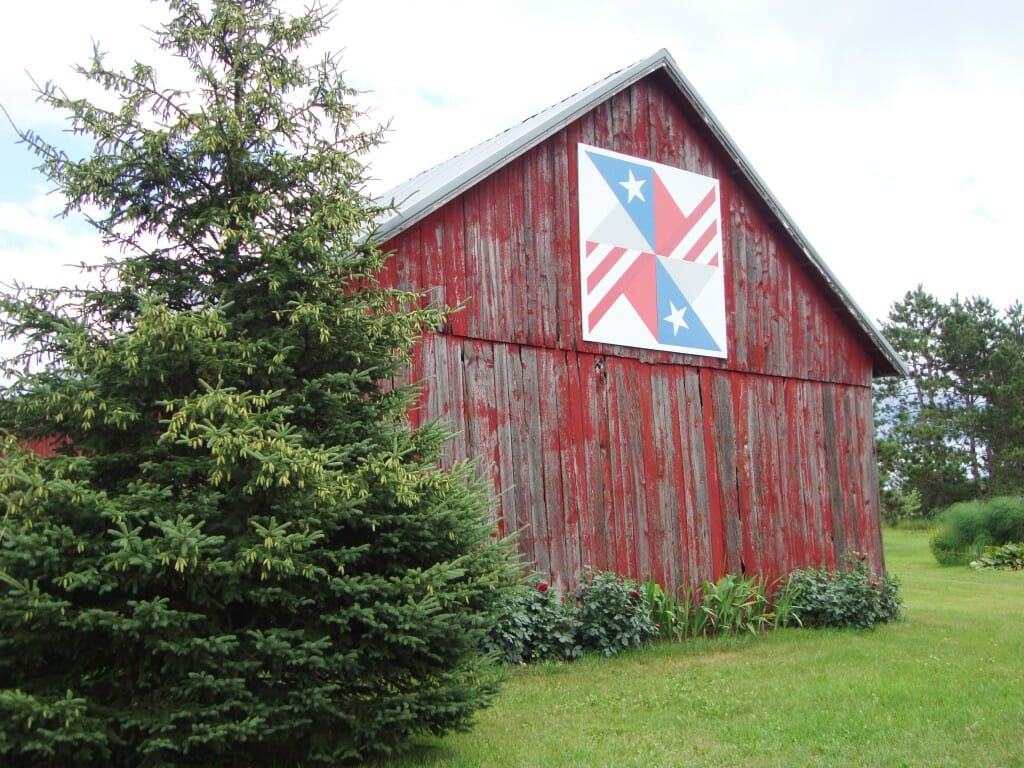
Q&A with Jennifer Chiaverini on ‘Mrs. Grant and Madam Jule’

Full disclosure … while I have interviewed Jennifer Chiaverini before, she was unavailable for the release of her latest novel, “Mrs. Grant and Madam Jule” due out on March 3. This Q&A is from her publisher and the content is unique to Quilt Addicts Anonymous. So have fun reading about Chiaverini’s fourth stand-alone novel since the Elm Creek Quilts series.
Mrs. Grant and Madam Jule chronicles the fascinating, complicated relationship between Julia Dent Grant and her slave, Jule. How did you discover their remarkable story?
I first became intrigued by Julia Dent Grant when I was researching the wartime experiences of Mary Todd Lincoln for my novel Mrs. Lincoln’s Dressmaker. In March 1865, Mary had accompanied her husband to General Grant’s headquarters at City Point, Virginia, and according to the searing descriptions many witnesses provided in their memoirs, the visit was an absolute disaster. Mary Lincoln apparently had a very public meltdown, probably sparked by a toxic combination of illness, stress, and jealousy of any woman that spoke to her husband alone. Julia Grant and her youngest son were living with the general at headquarters at the time, and Julia had taken on the thankless role of the First Lady’s hostess. She tried to soothe Mary out of her terrible tempers, but she only succeeded in making herself the target of Mary’s abuse. When I read that Mary accused Julia of wanting the White House for herself, I was struck by the irony of the charge, as Julia had no desire to be First Lady and had no idea that she nevertheless would be someday.
I also was surprised to discover that throughout the war, Julia often lived with her husband at military headquarters, traveling by steamer or railroad to join him whenever he considered his location safe enough. Then I happened to read an article in which, almost as an aside, the author noted that Julia often brought“her favorite slave” along on these excursions. I was absolutely astonished by the utter incongruity—from my modern perspective, at least—of a Union general’s wife owning a slave. Who was the enslaved woman, I wondered, and what had it been like for her to live in the camp of the Union army in the war that was supposed to end slavery forever? From that moment, Jule had a firm hold on my imagination, and I wrote Mrs. Grant and Madam Jule in part to satisfy my curiosity.
This is your fourth stand-alone novel set in and around the Civil War, following Mrs. Lincoln’s Dressmaker, The Spymistress, and Mrs. Lincoln’s Rival. What is it about this time period for you that continues to spark fascinating narratives?
The Civil War era was a tumultuous and transformative period for our nation, showing the best and worst of humanity in stark contrast. Looking back, we discover great moral failings alongside true heroism in the struggle for justice, equality, and freedom. My personal heroes are people who face adversity with moral courage and dignity, whose hunger for justice and compassion for others lead them to stand up for what is right even at great risk to themselves. My favorite characters to write about either possess similar qualities, or are given the opportunity to summon up these qualities and do what is right but fall short. What the Civil War says about our country—that we are capable of both great moral failings and tremendous goodness—resonates strongly even today, and as a creative person, I’m drawn to explore and try to understand that conflict.
The lives of Ulysses and Julia Grant are well documented, but what of Jule? Was it a challenge to find source materials that documented her life?
Regrettably, there is almost no trace of Jule in the historical record. In her memoir, Julia Grant refers to Jule only a handful of times, but never by name and not always kindly—which I admit made me think less of Julia. A precious few details about Jule emerge from other sources. That her name was Julia and that she was often referred to as “Black Julia” I learned from an 1885 newspaper interview by Mary Robinson, another longtime slave within the Dent household. Mary Robinson is also the source of the description of Jule as a “tiny ginger-colored maid.” Because of the scarcity of documented fact, almost all of the details about Jule in the novel are fictional, as are most of the people she encountered, both in slavery and in freedom.
As an author of historical novels, you depart from the strict historical record and create, as you refer to Mrs. Grant and Madame Jule in the Author’s Note, “a work of fiction inspired by history.” How do you balance fact and fiction in your work? How much embellishment of history do you allow yourself for the story’s sake?
I feel obligated to my readers to adhere to the historical record as closely as I can where significant events and people are concerned. I won’t move the date of a Civil War battle because it would be more convenient for my plot, for example, or transform Julia Grant into an abolitionist to make her more appealing to modern readers. However, I’m usually comfortable taking liberties with lesser-known historical figures and situations. Some characters appearing in Mrs. Grant and Madame Jule are entirely my own invention—Jule’s husband Gabriel, for example—and I omitted numerous friends, family, and servants who passed through the Dent and Grant households through the years rather than weigh down the story with a vast array of characters fated to surface only briefly and disappear soon thereafter.
But all liberties aside, the historical record isn’t as strict and straightforward as you might imagine. I examine letters and memoirs in my research, but who hasn’t absently written the wrong date on a check or remembered events out of order when reminiscing years afterward? Our forbearers were prone to similar mistakes of carelessness or faulty memory. Newspapers of the era often yield wonderful descriptions of scenes and events, but they sometimes also contain erroneous or deliberately misleading information, creating bewildering puzzles for novelists like me to sort out decades later.
The historical record is also by its very nature incomplete, especially where intimate conversations and private thoughts are concerned. Whenever I invent such scenes and exchanges for my historical fiction, I do my best to remain true to what I know of the real person while scripting an imagined life to depict all that I don’t know.
To read more about Chiaverini’s latest novel and see her book tour schedule, visit her website.











I’m so excited to see you are having a new book unavailing. When I start reading I truly get lost in the time period and will read on until I can’t read any more. Please keep up the wonderful work and be sure to know I will be first in line to get this new story, sounds so very encredible. Love and have every book you have written. Keep on going……..
Hi i am doing a book report on this book, and I have a few questions.
1. Who is the protagonist?
2. Who is the antagonist?
3.Explain the main conflict in the story (man vs. ?)
4.the climax?
5.What is the main theme in this story?
It’s ok if you can’t answer them all, but any will help. Thanks so much! 🙂
I have noticed you don’t monetize your website, don’t waste your traffic, you can earn extra bucks every month because you’ve got hi quality content.
If you want to know how to make extra $$$, search for: Ercannou’s essential adsense
alternative
I have noticed you don’t monetize your site, don’t waste your traffic, you
can earn extra cash every month. You can use
the best adsense alternative for any type of website (they approve all websites), for more details simply search
in gooogle: boorfe’s tips monetize your website